On December 23-24, the 2023 Academic Annual Meeting of MGLAB and School of Ocean and Earth Science was convened in Lingang (Shanghai). More than 200 participants, including all faculties and post-doctors in School of Ocean and Earth Science, as well as researchers from the National Seafloor Scientific Observatory, attended this meeting to conduct in-depth discussions on the latest developments, key issues and academic achievements in 2023 and set sail for the future.
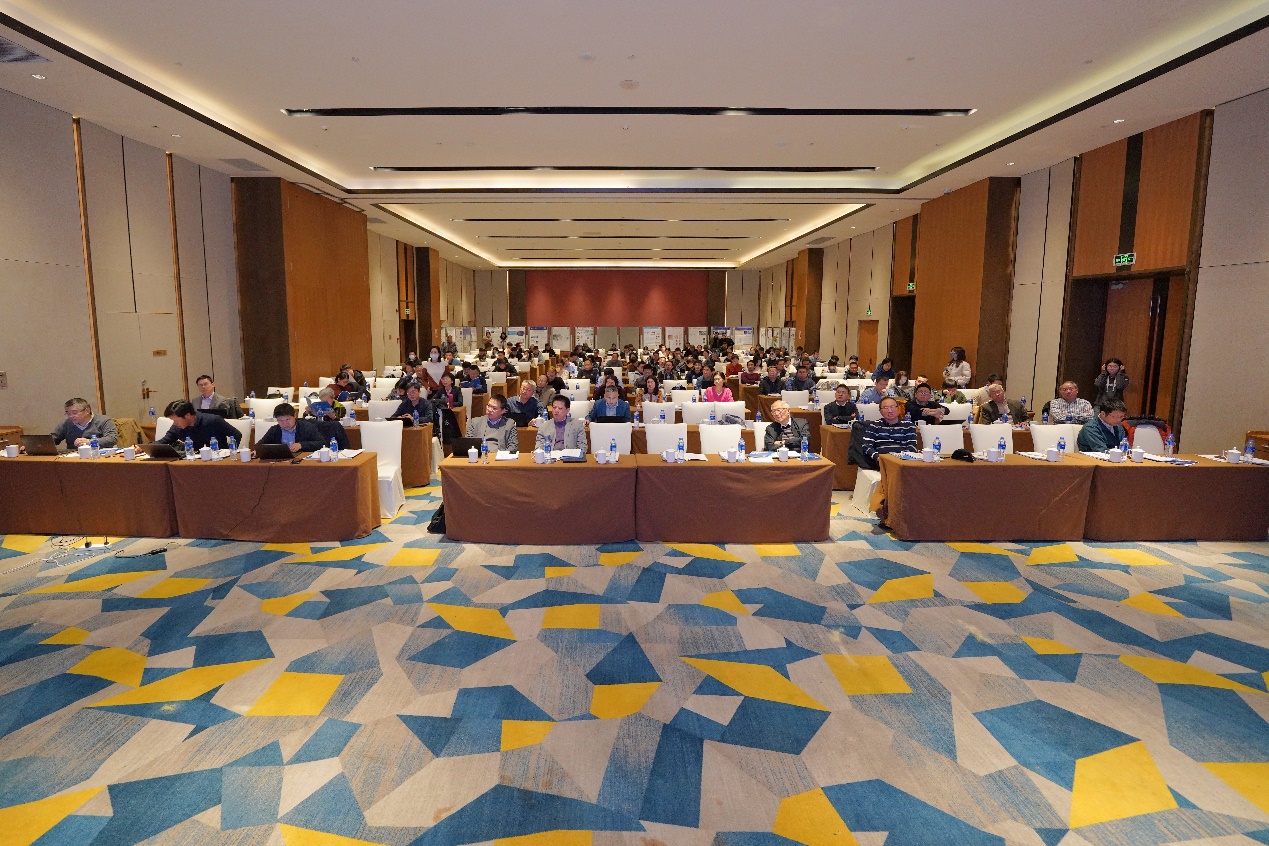
According to the academic directions and research focus of MGLAB and school, four individual sessions were organized: Low-latitude forcing & climate evolution, Source-to-sink processes & material cycle, Tectonic Evolution of the Western Pacific, and Geophysics & deep exploration. Many young scientists reported their major research highlights and future research plans in succession. The participants discussed and exchanged views warmly, and many constructive suggestions were provided.

Professor Qunhui Yang firstly reported the progresses and challenges of the National Long-term Seafloor Scientific Observation System. In 2023, the main-body structure of East-China-Sea multi-tiered stereoscopic tower base observation platform- “Tongji Hai-1”,has been installed in the East China Sea and is expected to opens for trial operation by the end of the year. Dr. Shouting Tuo, Vice Dean of the School and Director of the IODP-China Office, introduced the latest progress of IODP,IODP-China decadal Science Plan(2025-2035), next goals and tasks for China’s scientific ocean drilling, and further presented the major progress in “RV Tongji” construction. On behalf of the MGLAB, Professor Zhifei Liu presented the research achievements of the Laboratory in the past five years, and systematically introduced the laboratory optimization and reorganization plan.
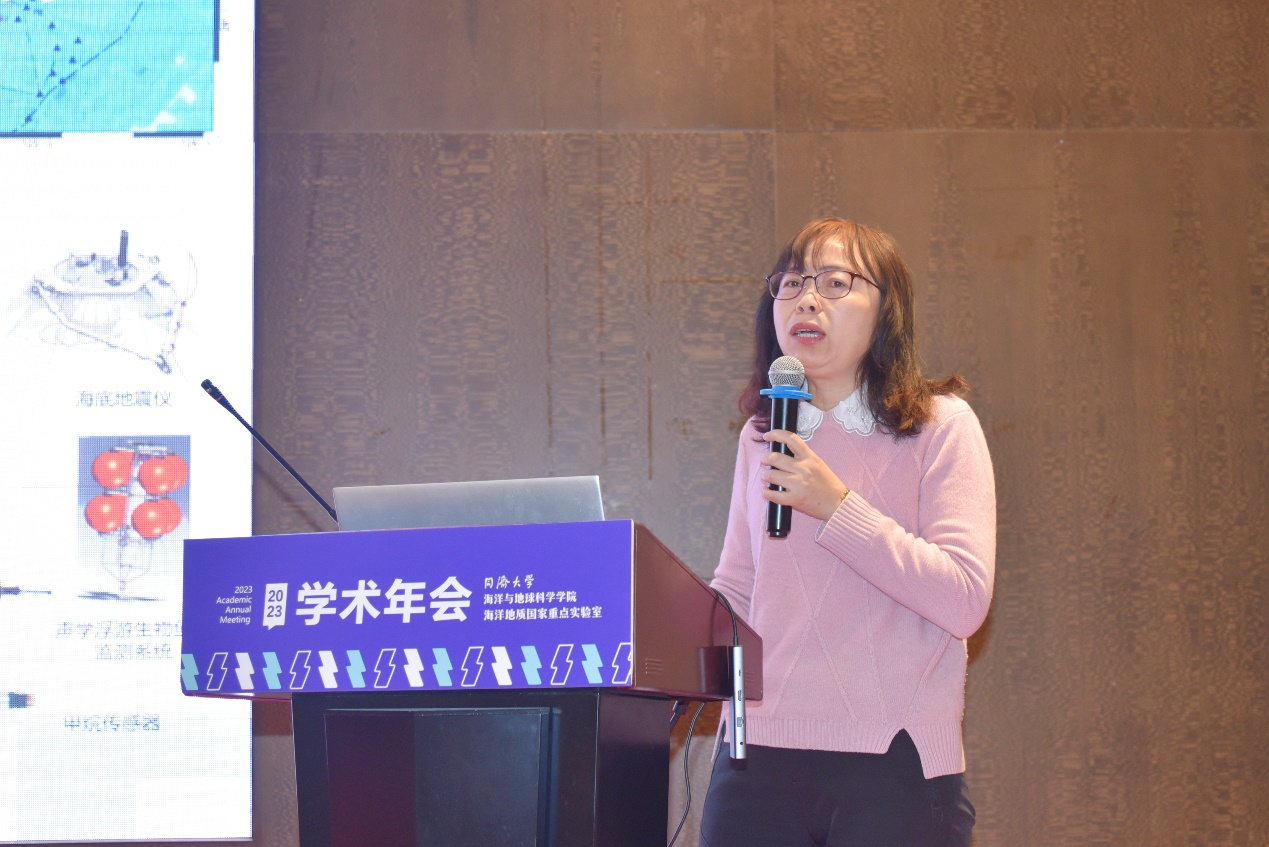
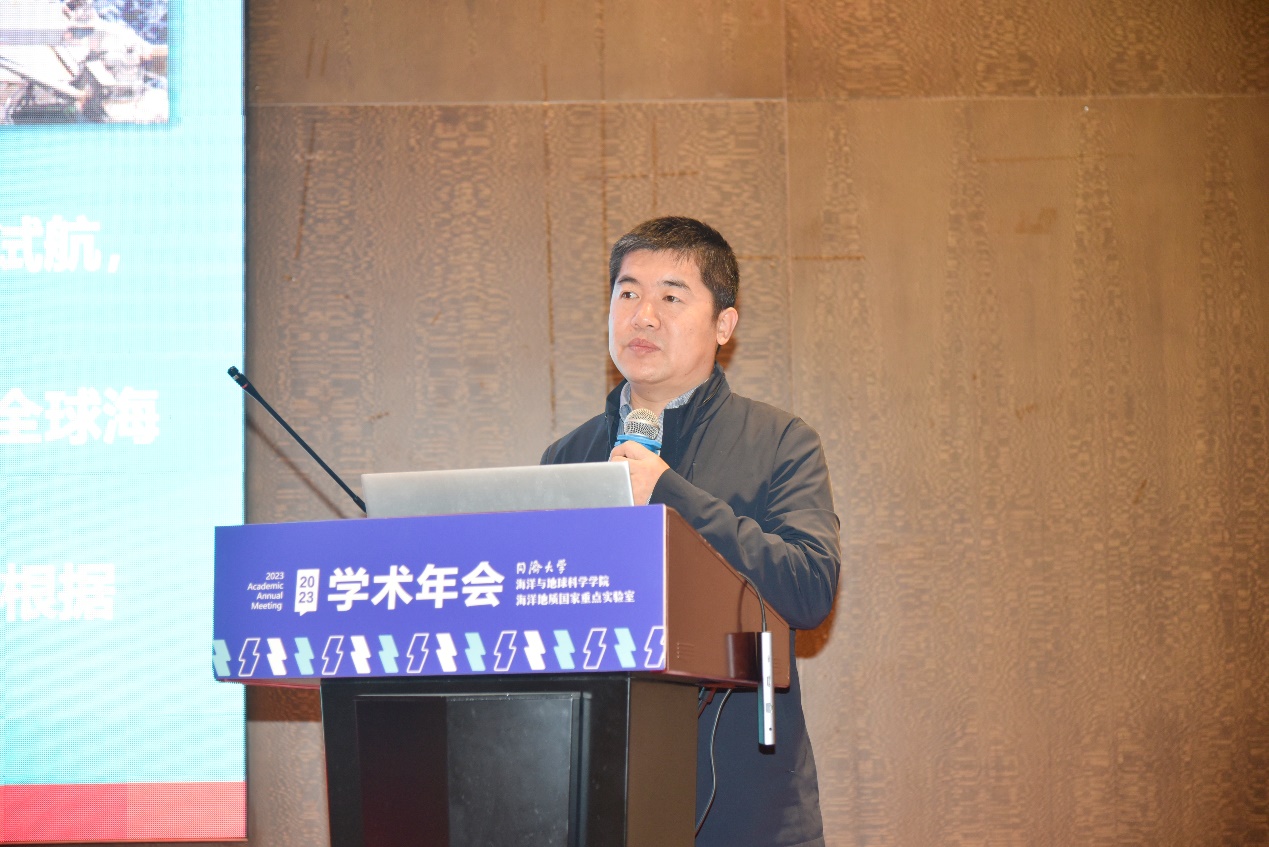
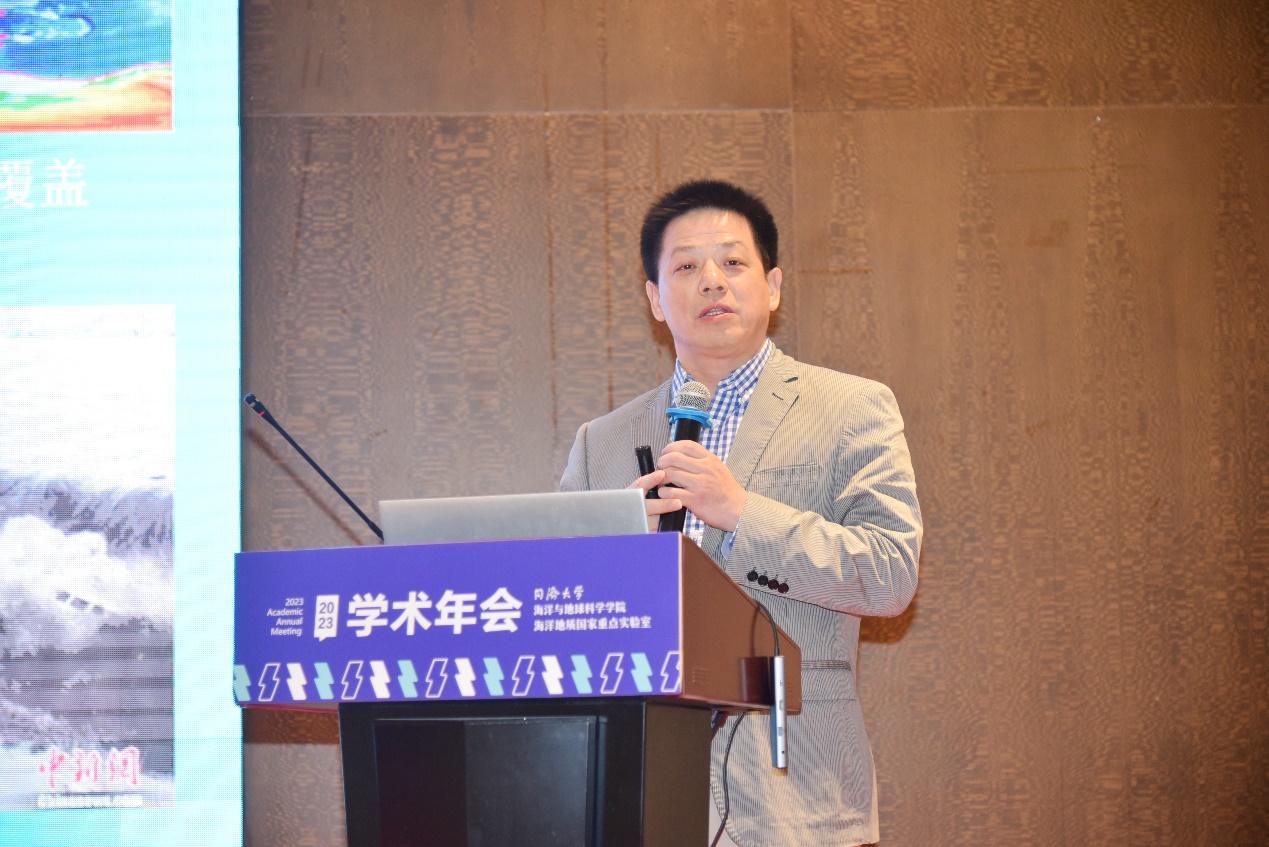
In the following discussion, attendees had in-depth exchanges on the above progress and expressed their excitement over unprecedented opportunities in the development of Tongji Ocean at present.
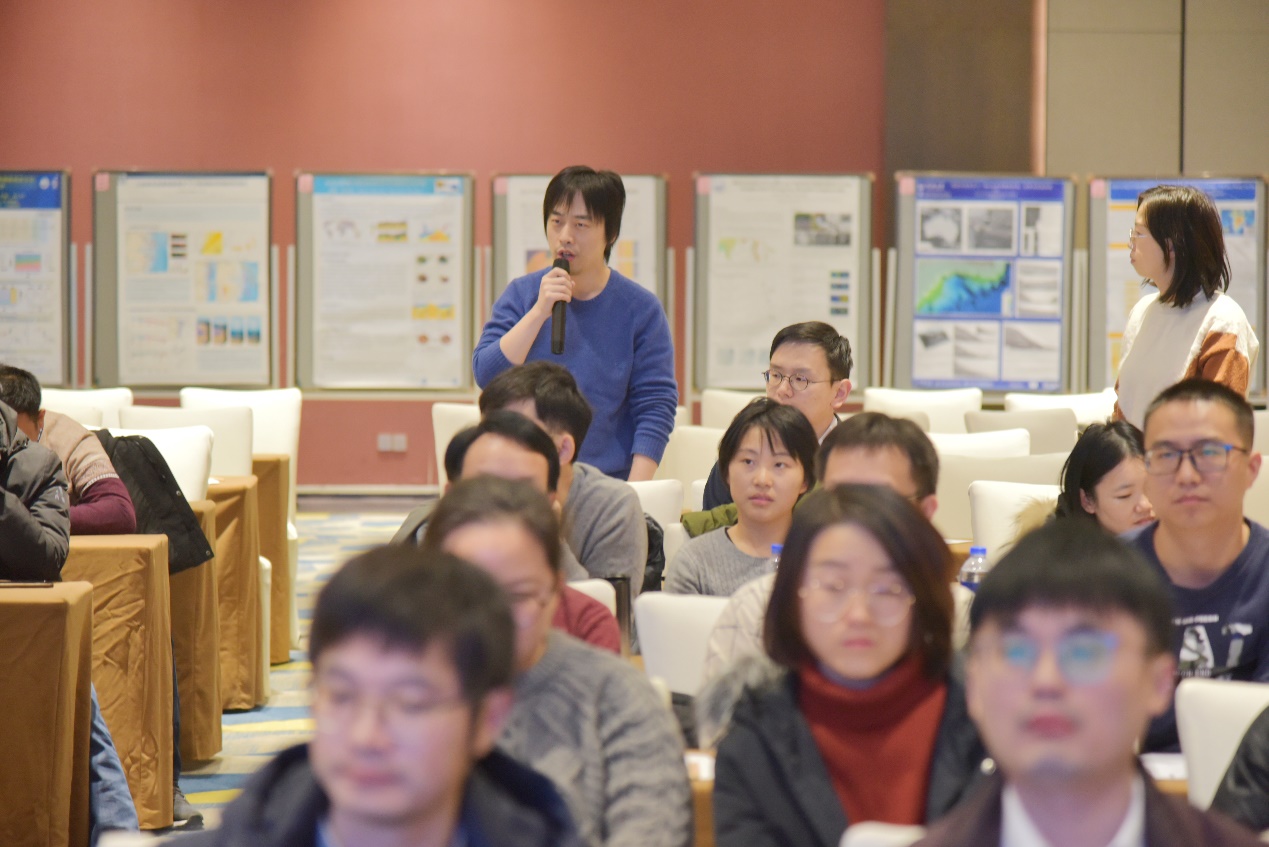
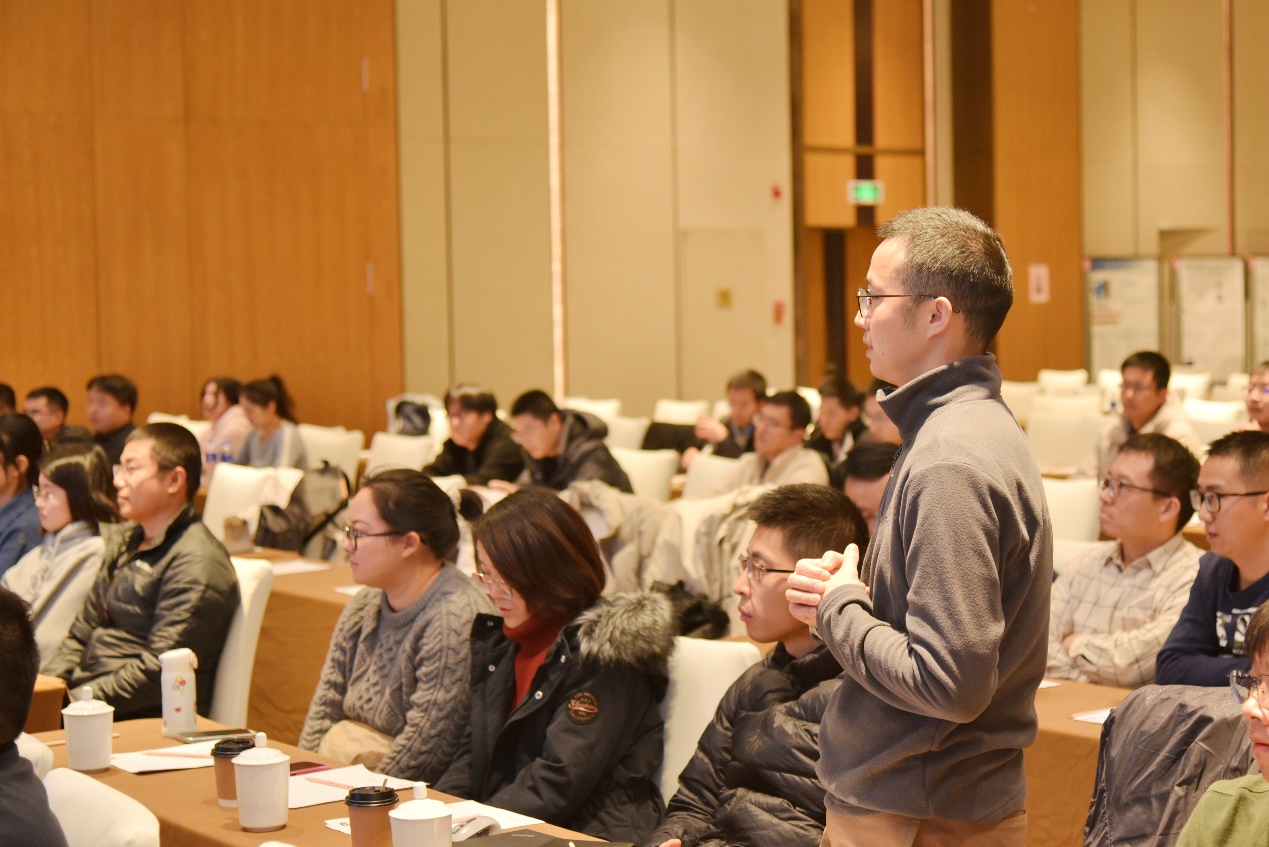
The closing ceremony of the annual meeting was chaired by Professor Zhimin Jian, Dean of the School. Professor Jian was glad to see the great achievements of marine science and geophysics made in the past five years. He also extended his sincere hopes for young researchers to adhere to the characteristics of the deep-sea research and the spirit of scientists, jointly building a first-class international marine research center.
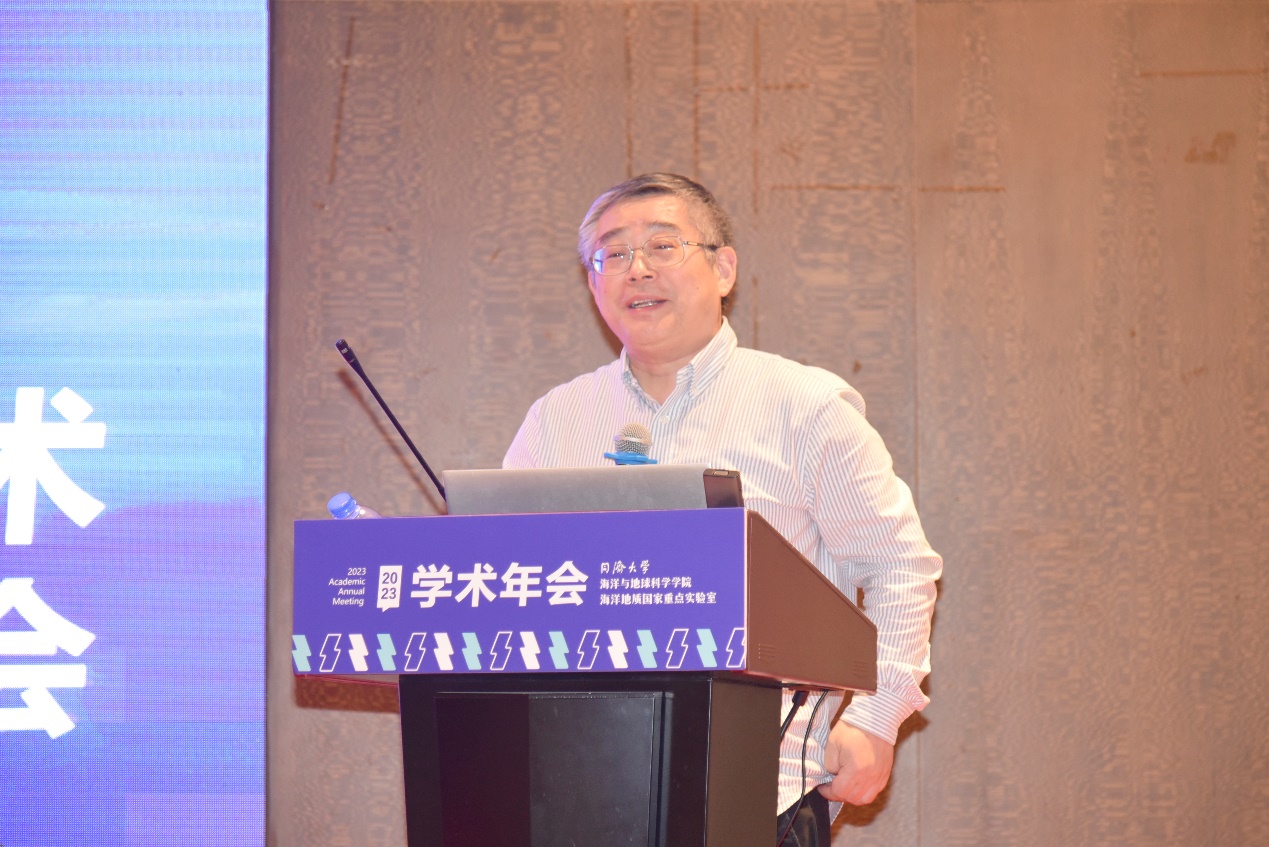
At the end of the meeting, Professor Pinxian Wang gave a plenary talk entitled “Embrace the Chinese School”. Starting from the origin and development history of earth sciences, Prof. Wang pointed out that China’s earth sciences transformation should focus on two major themes: Low-latitude forcing and Next episode of Plate tectonics, and introduced in detail the specific scientific problems and directions that need to be addressed in the future transformation. He also appeals that only by forming our own school of thought in science will we truly establish international competitiveness and win the initiative in international cultural competition. Furthermore, we will strive to transform the science and technology mode in China from “raw material output” to “deep processing”, build “Three Deeps” research center of China's deep-sea science, and become the forerunner of China’s earth science transformation.
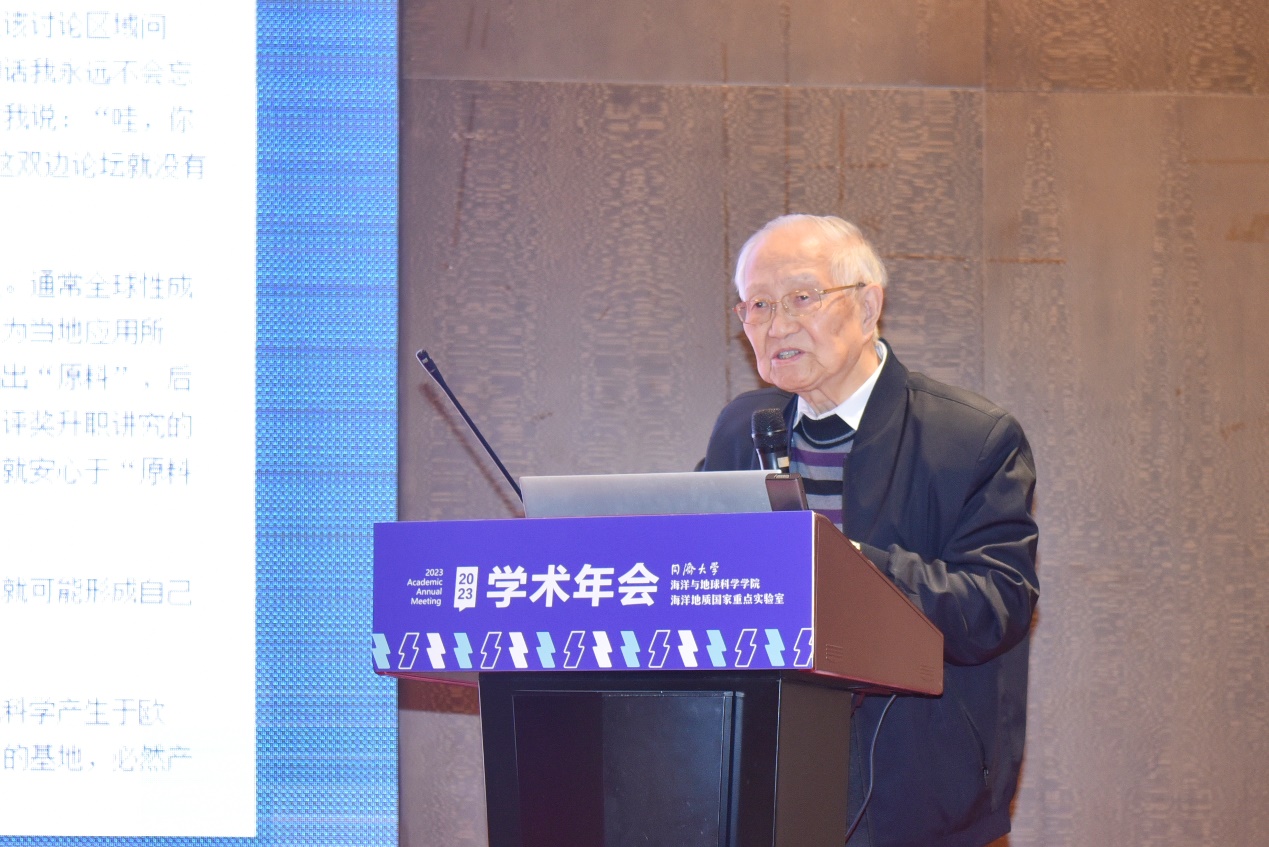
The 2023 Academic Annual Meeting of MGLAB and School of Ocean and Earth Science concluded successfully with a round of applause from the participants. As an academic feast for the discipline of earth science, the meeting shared the cutting-edge developments in academic research, promoted exchanges and friendship among faculties, and heralded a more brilliant future for earth science research in China.
Written by: Pengfei Liu
Edited by: Shouting Tuo


